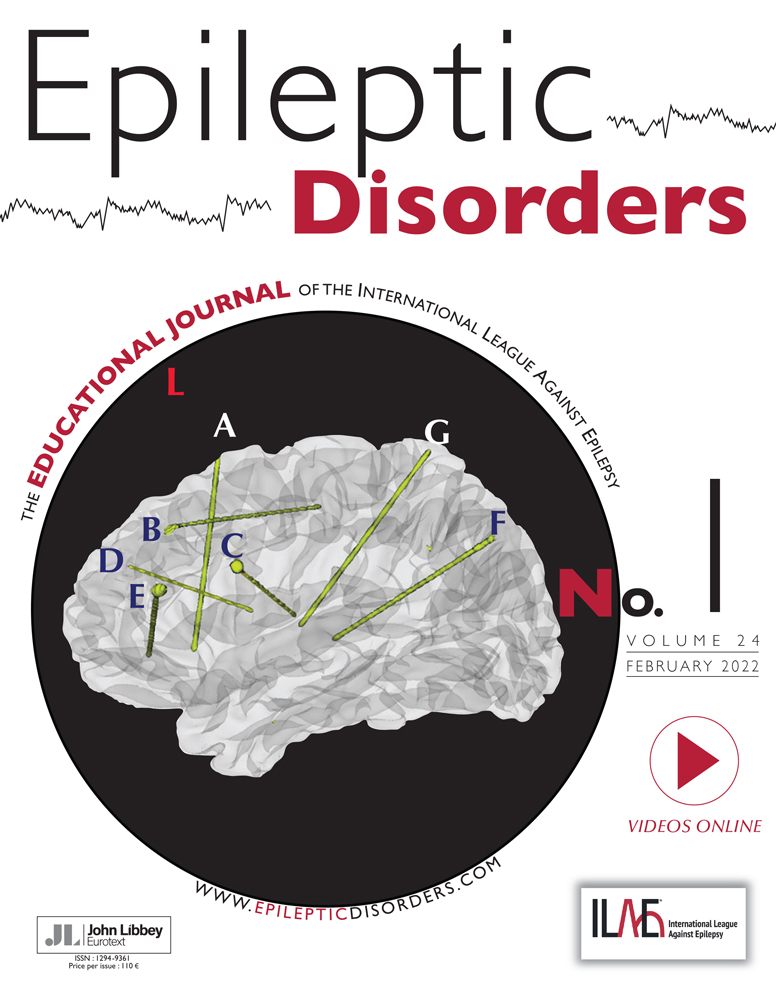Focal status epilepticus may trigger relapse of primary angiitis of the CNS
Abstract
The role of neuroinflammation in epileptogenesis is extensively investigated, but short-term effects of seizures on established CNS pathologies are less studied and less predictable. We describe the case of a woman with previous recurrent episodes of focal cerebral haemorrhage of unknown cause who developed a pseudo-tumoural oedema triggered by provoked focal status epilepticus. A brain biopsy revealed that the underlying condition was primary angiitis of the CNS. Ictal-induced blood-brain barrier dysfunction allows the entry of water and inflammatory molecules that, in the context of CNS inflammatory diseases, may trigger a self-reinforcing process. Caution should be observed when tapering antiepileptic drugs in patients with such conditions.




